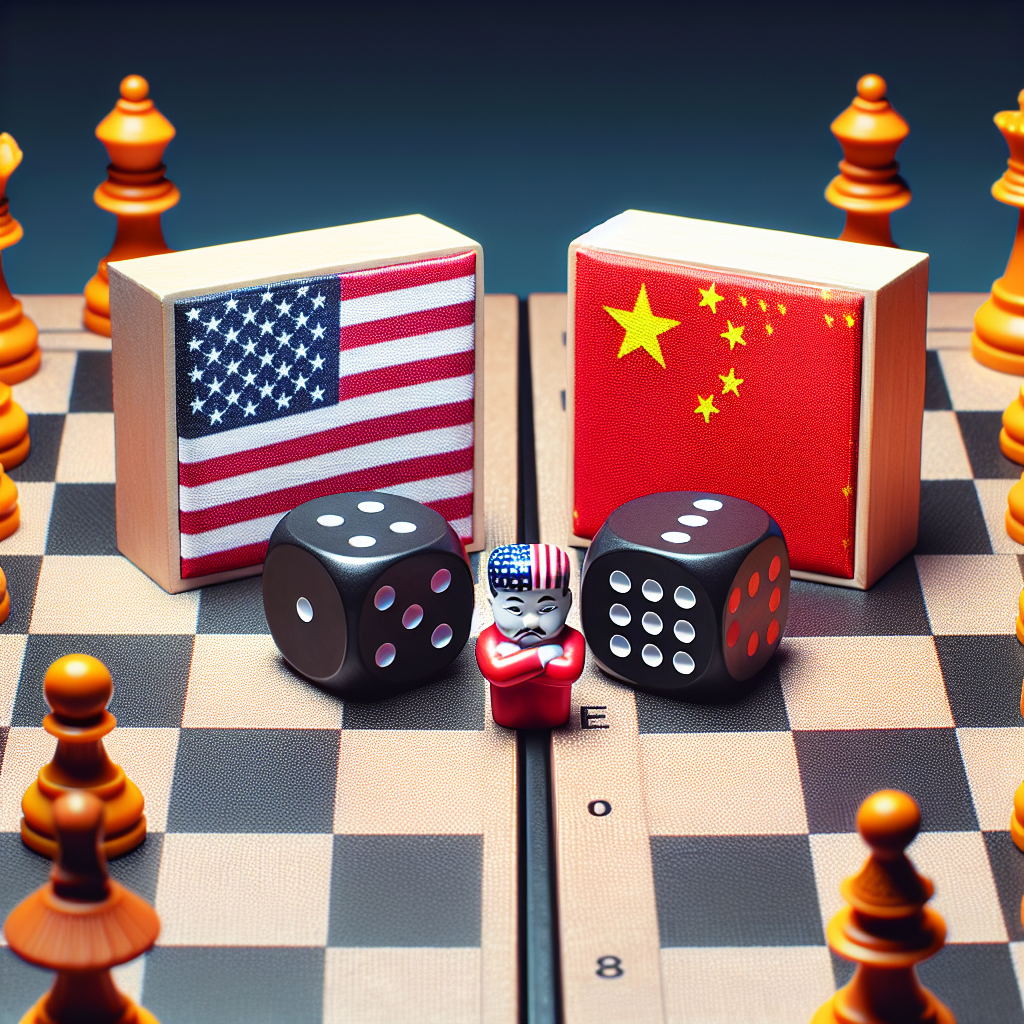China Rejects US Tariff ‘Numbers Game’ Claims
China Rejects US Tariff ‘Numbers Game’ Claims
Background
The ongoing trade tensions between China and the United States have taken a new turn as China dismisses recent claims made by the US regarding tariff negotiations. The US has accused China of playing a ‘numbers game’ in the ongoing tariff discussions, which China has firmly rejected.
Key Points of Contention
- US Allegations: The United States claims that China is manipulating figures to present a more favorable position in tariff negotiations.
- China’s Response: China has categorically denied these allegations, stating that their approach to the negotiations is transparent and based on mutual benefit.
- Impact on Trade Relations: This disagreement adds another layer of complexity to the already strained trade relations between the two economic giants.
China’s Stance
China has emphasized its commitment to fair trade practices and has called for a resolution that respects the interests of both nations. Chinese officials have urged the US to engage in constructive dialogue rather than resorting to accusations.
Implications for Global Trade
- Market Uncertainty: The ongoing dispute contributes to global market volatility, affecting international trade dynamics.
- Potential for Escalation: If unresolved, this disagreement could lead to further escalation in trade tensions, impacting global supply chains.
Conclusion
The rejection of US claims by China highlights the persistent challenges in reaching a consensus on trade tariffs. As both nations navigate these complex negotiations, the global community watches closely, aware of the potential implications for international trade and economic stability.

































